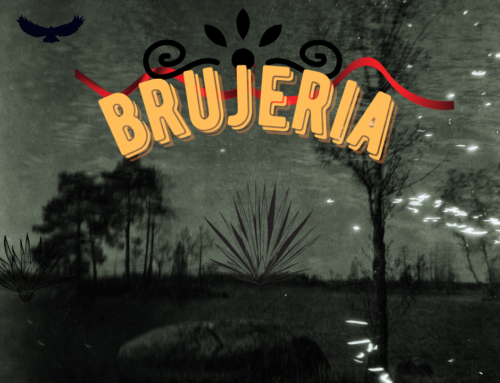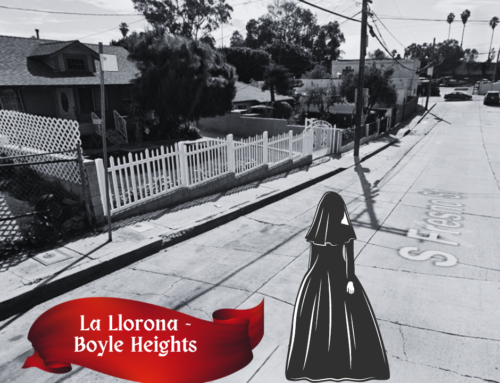One day, I was scrolling on Twitter and came across a tweet I found fascinating.
A young traditionally published author announced in very bold terms she does not italicize Korean words in her novels. In fact, she said she REFUSED.
Another author chimed in. This woman is Latina, like me. She also said she does not italicize Spanish words in her stories. Then I recalled reading a book by a Latino author who did the same. At the time, I didn’t give it any thought. It just seemed natural.
While editing my urban fantasy novella, The Monsters of Chavez Ravine, I was dealing with several dozen Spanish words. Every time I had to stop and italicize, I became more annoyed. Not because it was such a burdensome task, but because it didn’t accomplish much besides announcing to the reader, “Hey! Foreign word alert!”
So I got to thinking about these other authors. There were probably many more of them out there. And they were onto something. Something I wanted to try.
The reader recognizes a foreign word when they see one.
I am not advocating every author defy convention and throw out italics. Some editors and publishers would not allow it, anyway.
However, since I publish my own books, I am free to make my own choices.
I chose NOT to italicize. Here’s why:
~ I set my novella in a Mexican American neighborhood with Mexican American characters who speak English, but sometimes throw in a Spanish word. Italicizing a common speech pattern among this group of people seemed, well, odd. After all, the reader is (hopefully) immersed in the characters’ world, words and all.
~Italics are also used to emphasize certain words, as in, “Are you really going to wear that?” This is a convention I sometimes use. With the number of Spanish words used in the novella, I preferred to rely on italics for emphasis.
~While italics serve to highlight foreign words, they do nothing to solve the fundamental challenge of using a foreign word in the first place. It remains an unfamiliar word.
~Whenever I used a Spanish word, I placed it in context to help the reader figure it out, even if it meant a slight repetition in the sentence or paragraph. Like, an old lady calling the main character Trini a “mentirosa,” with Trini’s internal reaction, “Great. Now they were calling her a liar.”
I included a short glossary at the back of the book.
~Which might be handy in some of the science fiction books I’ve read with the amount of unfamiliar (to me) science terms, plus all the words the writer has made up. And don’t get me started about the crazy words and name places in fantasy novels that we all roll with just fine.
Ursula Le Guin invented the useful device name of “ansible” that allows for instant communication, and readers didn’t throw their books across the room and shout, “But where are the italics!”
~Which is my way of saying, I think people can handle a sprinkling of Spanish words in a book about Latinos without it impacting the reading experience.
To this author at least, those italics do something I don’t like: throw off the flow of a sentence.
That said, the experience belongs to the reader, so if a bunch of reviews rolled in complaining, “Where the hell were the italics when I needed them most,” then I would, of course, reconsider. But only after considering the true nature of the complaint. Because maybe they were uncomfortable with the Spanish words themselves, and the use of italics would do nothing to change that.
Thoughts? I’d like to love to hear them.




Leave A Comment